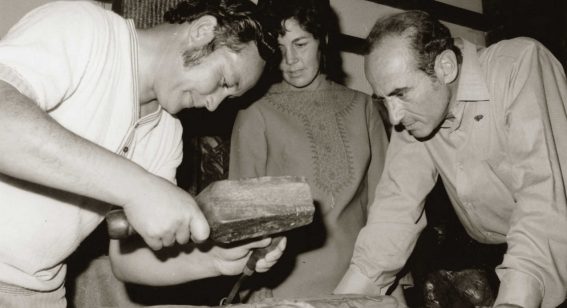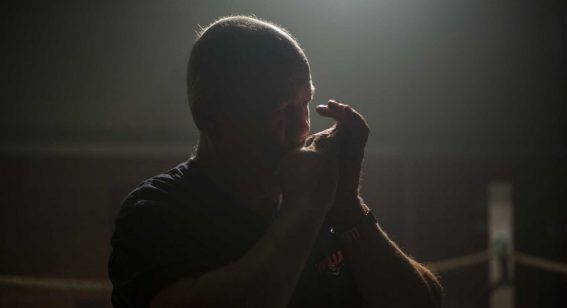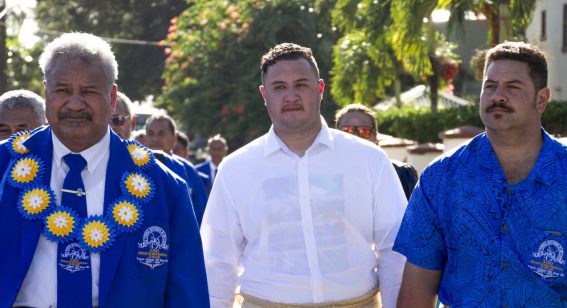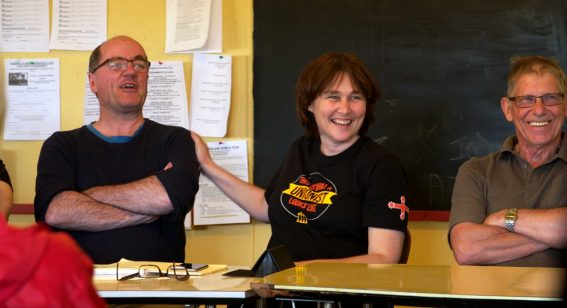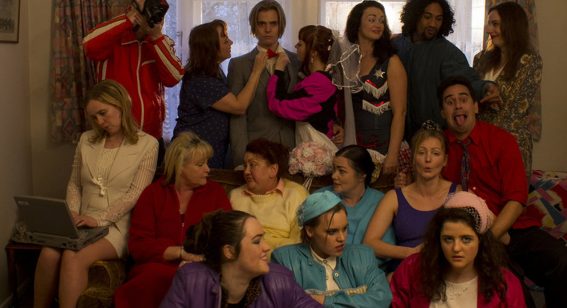Director of Bellbird on his feature film ode to the rural Kiwi way of life
The film in 8 words: “Loss, hope and love in rural New Zealand.”
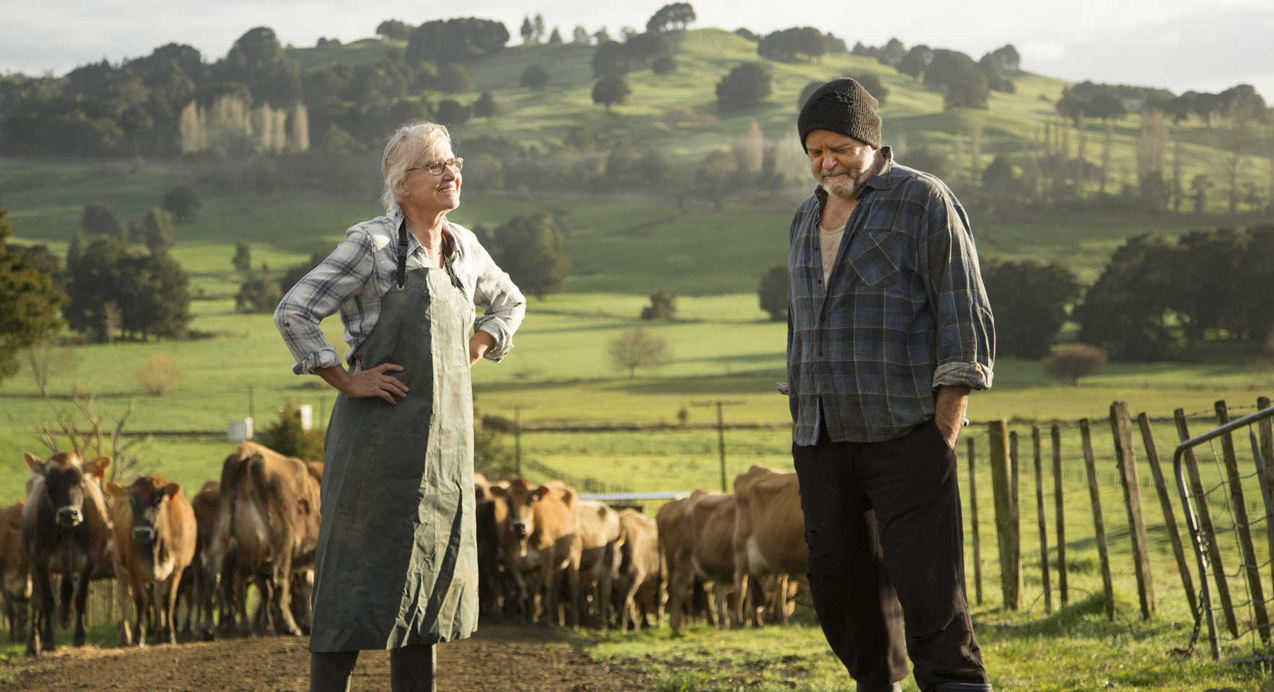
Playing as part of this year’s New Zealand International Film Festival, Hamish Bennett’s feature debut Bellbird takes place in the heart of a small New Zealand town where a community comes together after a tragic death. We asked Bennett a few questions about his film.
FLICKS: Describe your film in EXACTLY eight words.
HAMISH BENNETT: Loss, hope and love in rural New Zealand.
What inspired the story?
The original idea for Bellbird grew out of the experiences I had being raised in Tauraroa, a little rural community in Northland. Although both my parents were teachers, we were surrounded by farming families.
The inspiration for the characters of Ross and Beth was our dairy farming neighbours across the road. You didn’t see many outward displays of affection or emotion with people like them, but this can’t be mistaken for not caring. It’s very much the opposite. The love, the loyalty, the reliance—it can all be found in the little moments, buried under the layers of cheeky banter and cow shit.
In many ways, this film is an ode to these people and to this way of life.
When did you KNOW you had a finished script?
At around the third or fourth draft, it was feeling pretty close. I do remember not being too happy with the second draft. In hindsight, I was probably trying a bit hard to accommodate all the suggestions and feedback I got on the first draft and got a bit lost in it all.
Apparently, that happens a lot with second drafts. The feedback part of the process is really useful, but it’s important to not lose sight of what makes the story work in the first place. I had a great script advisor, Emily Anderton, who helped steer me back in the right direction.
What are some benefits and/or challenges of shooting a film on a dairy farm?
There were heaps of benefits. The farm we filmed on is owned by old family friends and in many ways, they embody the types of characters we’re portraying in the movie.
They’ve been on the same small farm for over 150 years and their connection to their land and their love for their animals runs much deeper than any kind of financial incentive. Each of their cows has a name and a whakapapa traced back to the original descendant and they can talk at length about each member of their herd and their various relatives. It’s all quite moving really, and simply being around them and seeing the way they are was a great insight for our cast and crew into this world.
There may be an element of looking back at the shoot through rose-tinted spectacles, but any challenges of shooting on a dairy farm were far outweighed by positives. It was a privilege to make a film back in the community I grew up in, and it’s an experience I’ll always be grateful for.
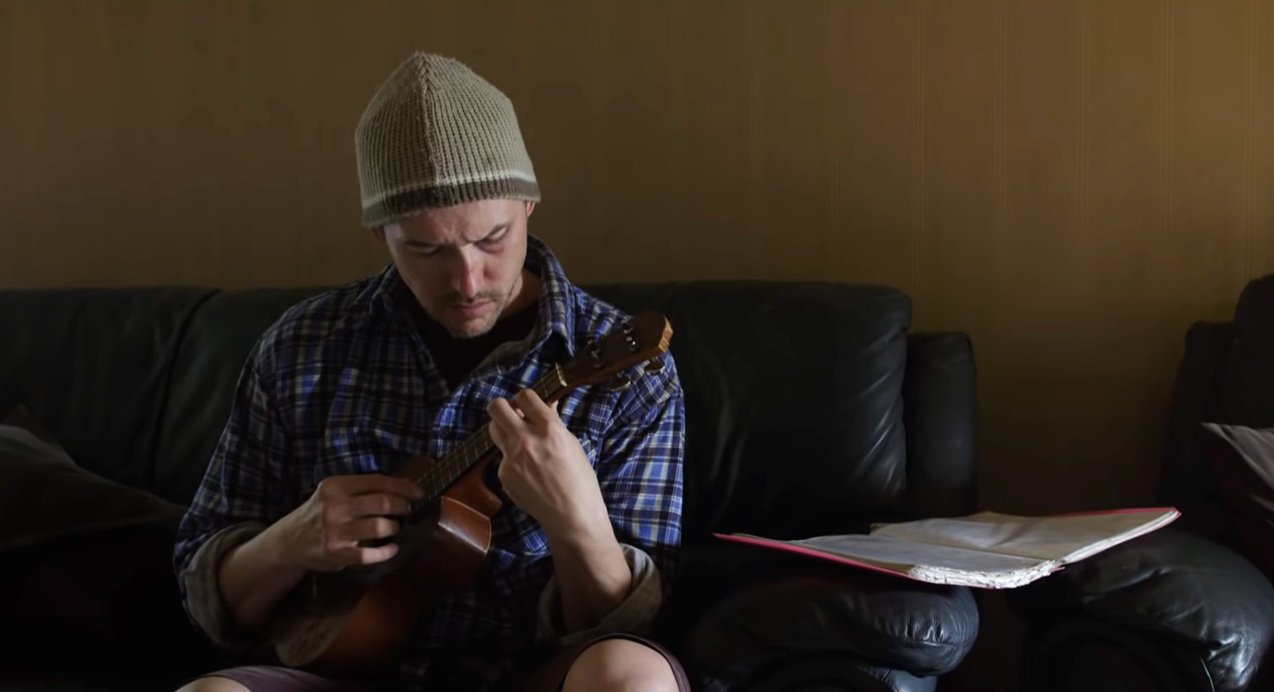
The trailer shows Cohen Holloway playing the ukelele—is he fake-playing it or is he just that bloody talented at everything?
It gives me no pleasure to say that yes, Cohen is that bloody talented. But not at everything. On the last day of filming, I outclassed him in a goal kicking contest at the local rugby club. That was my personal high point of the shoot.
Was it a struggle to find the right people to play your characters or did you already have the cast in mind while creating the characters?
It was only a struggle in the sense that we had to make some really tough casting decisions due to the quality of the people who auditioned. I went into the whole casting process with as open a mind as possible, partly because it was something I’d never been through before. I was helped no end by our casting director, Stu Turner from Catch Casting, who brought so much skill and experience and commitment to our story.
The only character who I wrote with a specific person in mind was Connie, played by Rachel House. I didn’t know Rachel at the time I was developing the story, so I was just writing and hoping really. Obviously, I was very grateful when she accepted the part!
How much did the story change in the editing room?
Our editor Jason Pengelly and I experimented with a heap of different ways that each individual scene could play out, but the story as a whole didn’t really change a lot. Obviously, a bit of trimming had to be done and we chose to lose a scene or two, but the heart of the story remained.
Bellbird is a pretty delicate story, and we found that any time we tried something a bit different with the structure of the film, the follow-on effect on the story was quite significant, so we had to tread quite carefully.
What was the last great film you saw?
This is going back a year or two, but I thought Lady Bird was awesome. Great script and performances and it felt really specific to that particular world.






